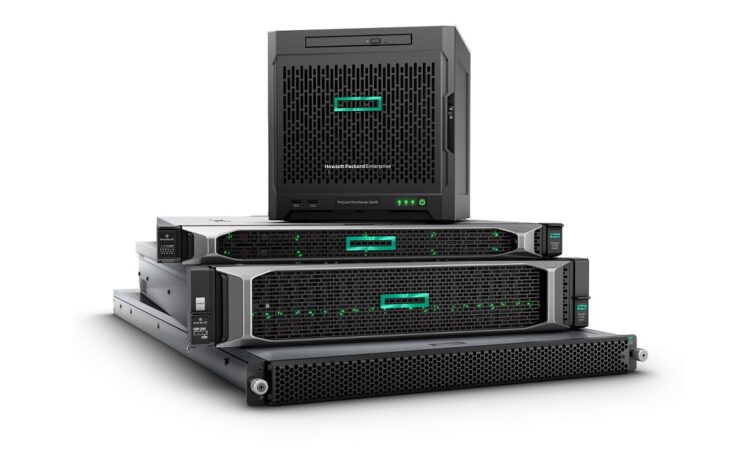
In today’s digital age, the backbone of many businesses is their IT infrastructure, with servers playing a pivotal role. Hewlett Packard Enterprise (HPE) servers are renowned for their reliability, performance, and scalability. However, to ensure that they consistently deliver optimal performance, it’s essential to manage and maintain them properly. In this article, we’ll delve into the best practices for managing and maintaining your HPE servers.
Looking for HPE Servers?
Server Store, a subsidiary of Comprint Tech Solutions, offers a wide range of HPE Servers at competitive prices. Committed to quality and affordability, we ensure our customers receive the best value for their investment on HPE Servers.
Regularly Update Firmware and Software
HPE frequently releases updates for its server firmware and software. These updates often contain essential patches for security vulnerabilities, performance enhancements, and bug fixes. Regularly updating your server’s firmware and software ensures that it runs efficiently and remains secure against potential threats.
Monitor Server Health
HPE servers come with integrated tools like the HPE Integrated Lights-Out (iLO) that allow administrators to remotely monitor server health. Regularly checking the server’s health metrics, such as temperature, power usage, and hardware status, can help in early detection of potential issues and prevent server failures.
Optimize Server Storage
Storage is a critical component of servers. Regularly defragmenting hard drives, cleaning up old files, and ensuring that the RAID configurations are optimal can significantly improve server performance. Additionally, consider using HPE’s Smart Storage Administrator tool for efficient storage management.
Ensure Proper Ventilation and Cooling
Servers generate a lot of heat, especially when under heavy load. It’s crucial to ensure that your server room or data center has adequate ventilation and cooling systems in place. Overheating can lead to hardware failures and reduced server lifespan.
Schedule Regular Backups
Data loss can be catastrophic for businesses. Ensure that you have a robust backup strategy in place. HPE servers often come with built-in backup solutions. Schedule regular backups, test them periodically, and store them in multiple locations, both on-site and off-site.
Implement Security Measures
Securing your HPE servers should be a top priority. This includes setting up firewalls, using strong passwords, regularly updating security software, and monitoring for any unauthorized access. HPE’s Secure Compute Lifecycle offers a suite of security features that can help protect your servers from threats.
Plan for Disaster Recovery
Despite all precautions, disasters can happen. Whether it’s a natural disaster, hardware failure, or a cyber-attack, having a disaster recovery plan in place ensures that you can quickly restore your server operations. HPE offers solutions like the HPE Recovery Manager Central to aid in swift recovery.
Regularly Review Server Logs
Server logs provide a wealth of information about server operations, errors, and potential issues. Regularly reviewing and analyzing these logs can help in identifying and rectifying problems before they escalate.
Train Your IT Team
Your IT team plays a crucial role in managing and maintaining servers. Ensure that they are well-trained and updated with the latest best practices. HPE offers various training programs and certifications that can help your team stay ahead.
Schedule Periodic Maintenance
Just like any other equipment, servers benefit from periodic maintenance. This includes cleaning dust, checking for hardware wear and tear, and recalibrating components if necessary. Scheduled maintenance can help in prolonging the server’s lifespan and ensuring consistent performance.
Conclusion
HPE servers are designed for resilience and performance. However, their longevity and efficiency largely depend on how they are managed and maintained. By following the best practices outlined above, businesses can ensure that their HPE servers remain a reliable and robust part of their IT infrastructure. Remember, a well-maintained server not only performs better but also offers a higher return on investment in the long run.
